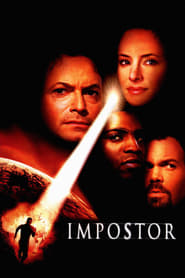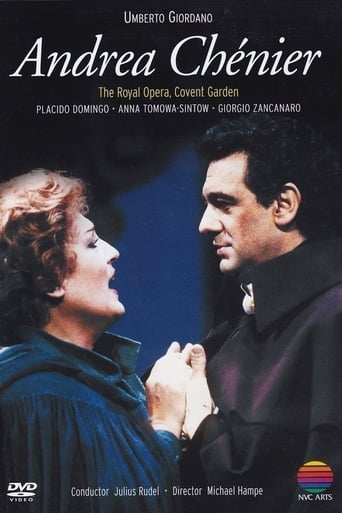
Andrea Chénier
Live from ROH 1985. Giordano's Andrea Chenier is one of the greatest of verismo operas, full of heart-stopping big tunes and powerful emotional situations. If it is not as well-known as it should be, it is because in summary it sounds a little too like Puccini's Tosca: there is a tussle between political opponents over a woman, an attempt to save a condemned man, a tenor aria about writing poetry on the eve of execution. The difference is that Gerard (Giorgio Zancanaro) is not a villain like Scarpia, he is an idealist whom the French Revolution has betrayed as much as it has his rival the poet Chenier (Placido Domingo). His temptation to abuse his power to seduce the virtuous Maddalena (Anna Tomowa-Sintow) is a momentary one, though its consequences are terrible. There is a streak of post-Wagnerian decadence in much of this--Maddalena is at least as much in love with death as she is with Chenier, and the final love duet has a deeply sinister aspect. -- From Amazon.co.uk
- Overview
- Cast
- Crew
- Recommendations
Andrea Chénier
- Overview
- Cast
- Crew
- Recommendations
Status
Released
Release Date
May 1, 1985
Runtime
1h 47m
Genres
Music
User Score
75%
Original Title
Andrea Chénier
Production Companies
NVC Arts
Director
Lamberto Puggelli
Description
Live from ROH 1985. Giordano's Andrea Chenier is one of the greatest of verismo operas, full of heart-stopping big tunes and powerful emotional situations. If it is not as well-known as it should be, it is because in summary it sounds a little too like Puccini's Tosca: there is a tussle between political opponents over a woman, an attempt to save a condemned man, a tenor aria about writing poetry on the eve of execution. The difference is that Gerard (Giorgio Zancanaro) is not a villain like Scarpia, he is an idealist whom the French Revolution has betrayed as much as it has his rival the poet Chenier (Placido Domingo). His temptation to abuse his power to seduce the virtuous Maddalena (Anna Tomowa-Sintow) is a momentary one, though its consequences are terrible. There is a streak of post-Wagnerian decadence in much of this--Maddalena is at least as much in love with death as she is with Chenier, and the final love duet has a deeply sinister aspect. -- From Amazon.co.uk
Cast
Crew
Recommendations

Swan Lake

War

The Way to the Heart

Kill Shot

Scooby-Doo: Agence toutou risques, vol. 1 : Le voleur de vélo

Road
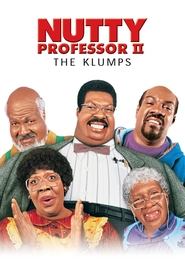
Nutty Professor II: The Klumps

Acting and Reacting

RoboCop 3
Return

Metro
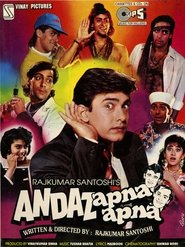
Andaz Apna Apna
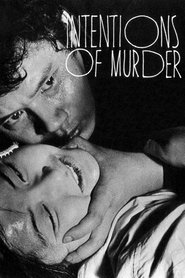
Intentions of Murder

The Godfather Trilogy: 1901-1980

The Jönsson Gang Turns Up Again
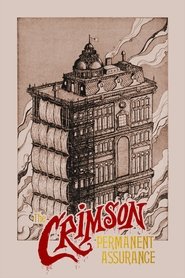
The Crimson Permanent Assurance

BOX
